
As reais intenções do Brasil na África
O que está por trás da relação entre o Brasil e a África? O Itamaraty defende tratar-se de um projeto de cooperação, mas o fato é que o Brasil tem interesses econômicos

O que está por trás da relação entre o Brasil e a África? O Itamaraty defende tratar-se de um projeto de cooperação, mas o fato é que o Brasil tem interesses econômicos
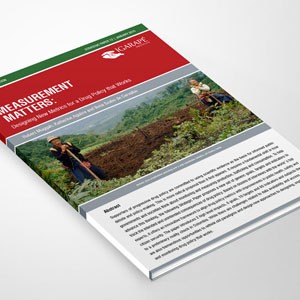
SP-12: Supporters of progressive drug policy are committed to using scientific evidence as the basis for informed public debate and policy-making.

In the wake of recent cases of police violence in the United States, a national conversation has started about the use of body cameras.
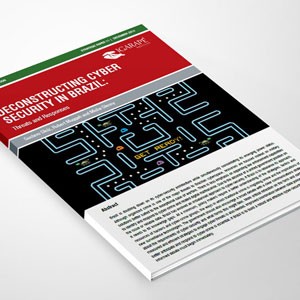
A military response to digital threats can be disproportionate and ineffective to face the risks that already reach the entire brazilian society.
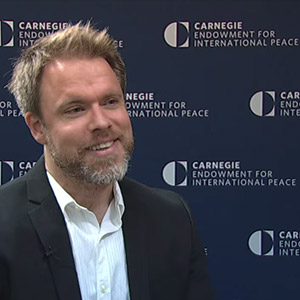
Robert Muggah, research director at the Igarapé Institute, talks about using technology to combat violence
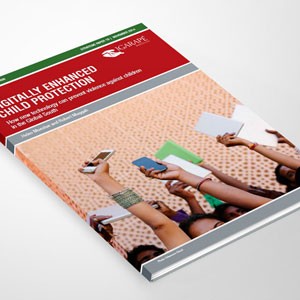
This Strategic Paper reviews the emerging character and functions of ICTs to prevent violence against children in the global South.

Robert Muggah, research director at the Igarapé Institute, was selected by Ericsson as one of 60 winners in the “network society” by using technology to solve complex social problems
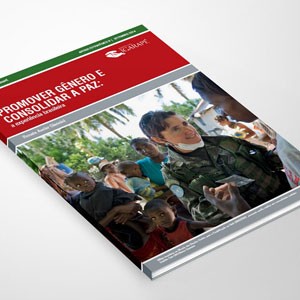
[In Portuguese] This article explores Brazil’s advances and shortcomings in protection activities and technical cooperation projects focused on preventing sexual violence.
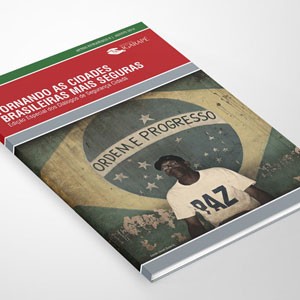
[In Portugues] It is possible to make Brazil safer? Specialists say it is and share effective iniatives of four brazilian states.

Entrevista com Ilona Szabó, fundadora e diretora executiva do Instituto Igarapé, sobre segurança pública

Vishva Samani reports on how smart policing in Brazil keeps a check on the police

Discovered in Tanzania and diagnosed in America for the first time in december 2013, the Chikungunya virus has been spreading more and more quickly in Haiti.
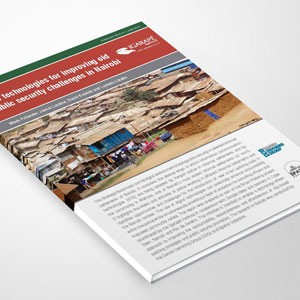
The use of digital technology for violence prevention in Kenya’s capital still find barriers, but there are also positive perspectives.

News in Jornal do Rio (Band) about Child Security Index (CSI) developed by Igarapé Institute
The Child Security Index (CSI) is an application which measures urban violence by the perspective of children

Documentary with Robert Muggah about urban resilience in situations of chronic violence

One of the sessions of the series “Dialogue on Foreing Policy”, on March 12th, was entitled ‘Perspectives of the New Internacional Governance”. Robert Muggah, from Igarapé Institute, summarizes his intervention in this video
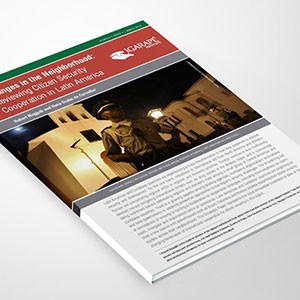
This Strategic Paper represents the most exhaustive treatment to date of the changing landscapes of international cooperation for citizen security in Latin America and the Caribbean.
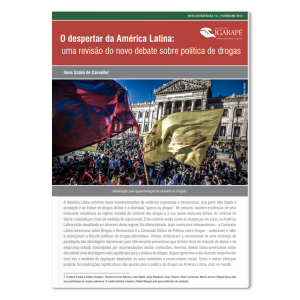
[In Portuguese] Changes in course in Latin America challenge the basis of world’s policy of drugs control and it’s almost exclusive emphasis in offer control.
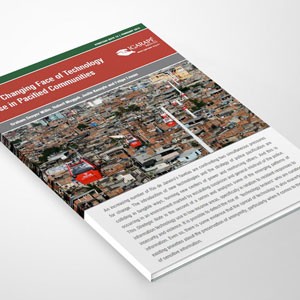
This Strategic Note analyses the introduction of new technologies and the strategy of police pacification in Rio de Janeiro’s favelas.
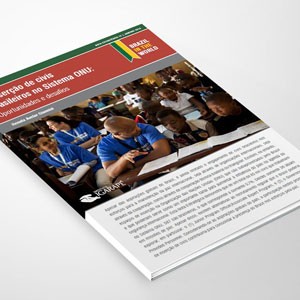
(In Portuguese) SN-12: This strategic note considers the state of Brazilian engagement with the UN peace
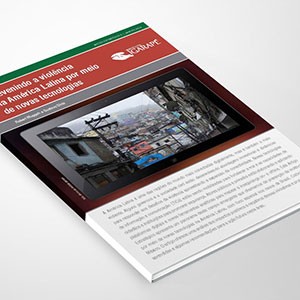
[In Portuguese] Some Latin America governments and civil society are developing new approaches to solve the violence challenges taking advantage of the connectivity expansion.

The world has entered its urban age. More than half of the globe’s population currently resides in cities as compared to
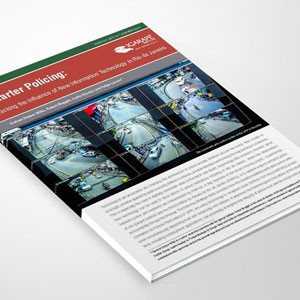
How technological can be used to conduct a reform in police institutions in states like Rio de Janeiro where the relations between police and society are characterized by mistrust.
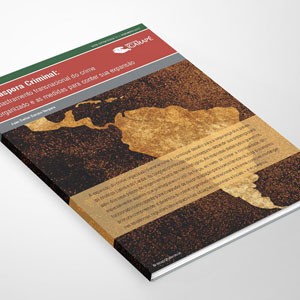
[In Portuguese] Comprehend the dinamic of the transnacional organized crime and the way challenges in regional tendencies impact national and local situations.

Robert Muggah, research director at the Igarapé Institute, talks about the Smart Policing project
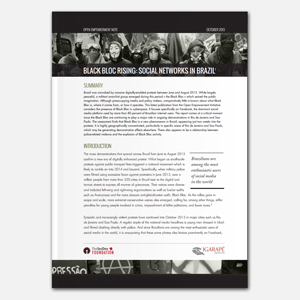
A report about the black blocs rise in Brazil, focused specifically on their use of social networks.
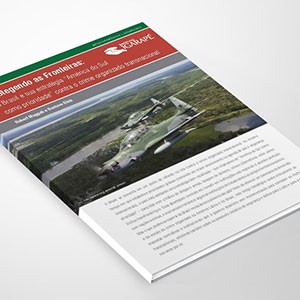
This Strategic Paper offers an overview of the scope and scale of organized crime in Latin America and Brazil more specifically.

The Atlantic – There’s a war brewing in Central America
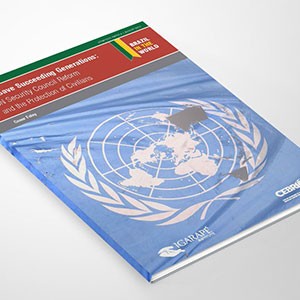
This Strategic Paper was written as a contribution to the debate about UN reform with specific reference to the protection of civilians by peacekeeping missions under international law.

O Instituto Igarapé utiliza cookies e outras tecnologias semelhantes para melhorar a sua experiência, de acordo com a nossa Política de Privacidade e nossos Termos de Uso e, ao continuar navegando, você concorda com essas condições.

